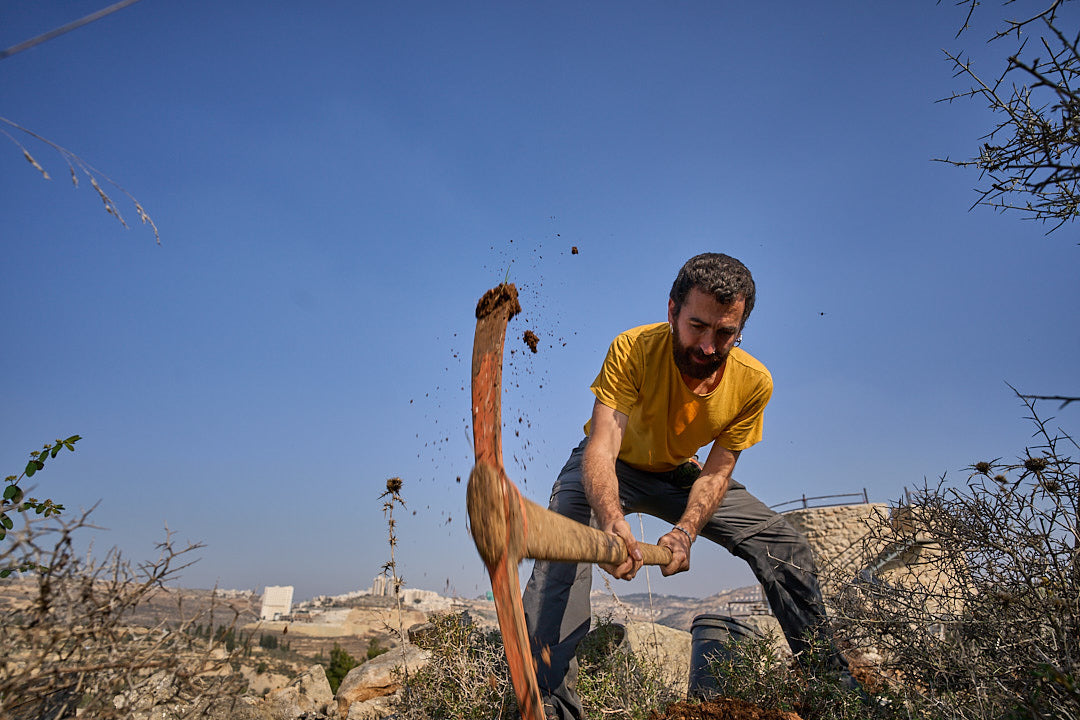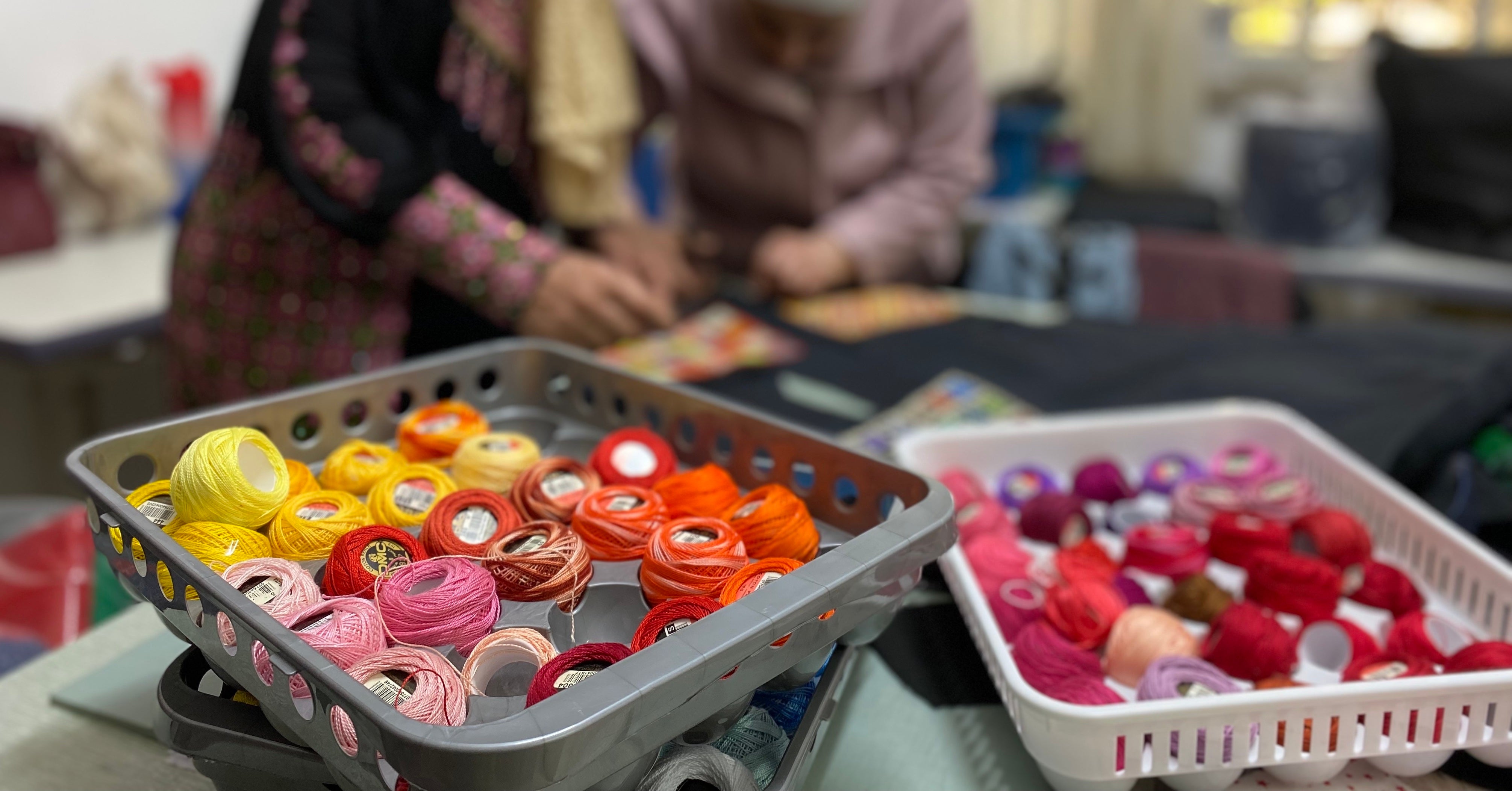
Some Thoughts on Food Sovereignty in Palestine
Food sovereignty is a basic human right. For me, it really means knowing where my food comes from, who grew it, and most importantly how it was grown. It is our right to have locally grown (that's the where), by farmers who have fair working conditions and rights (that's the who) and which is nourishing, free of toxins, and culturally appropriate (that's the how).

In Palestine, the Israeli occupation violates Palestinians' food sovereignty and as April is Arab Food Month, it seems like a great time to talk about this topic that is really dear to my heart.
I once read you are not what you eat, but rather you are what you eat eats. If I feed the chickens out in my backyard a GMO high protein pellet diet, that's what goes in my body when we eat the chicken. It's not only our right to food sovereignty, but it seems to me it's also our responsibility to care for our own and our loved ones health. And here in Palestine, that is nearly impossible because we live under a brutal and illegal Israel occupation that has imposed decades of closures and made it difficult at best and impossible at worst to access our locally grown produces even from one city to the next. In addition to that, you add the deliberate ecocide that is an Israeli policy in Gaza, and you can start to see the picture here.

Ultimately the Israelis have suffocated each city, town and village through blockades and closures so that not only human bodies and their movement are controlled but also products, especially locally made or grown products.
By rendering Palestinian economies captive ones, the Israeli military and state can control our trade and access. It means also that the Israelis can dump their lowest grade produce and meats and dried or long-shelf-life products onto Palestinian markets and we will consume, by necessity.
I have said this before and will continue to preach this: Palestine is a wheat culture. It is the land of ancient grains where heirloom varieties have been cultivated and preserved for milenia. Traditional knowledge and agricultural practices still continue today in the agricultural areas of occupied Palestine.

But when people are not able to get their produce to markets, then they cannot afford to continue to grow and sell, because they cannot sustain their livelihoods. When local produce is actively barred from moving from farm to market, or people are restricted from accessing the market, then the famers have no choice but to stop farming. And when Israeli produce is actively and aggressively put on shelves and in stalls, then people will buy because it is very simply what is accessible.
Many times the vendor cannot tell me where the produce came from and he surely cannot tell me how it was grown or by whom. And he is not very interested in the answer to these questions because he simply needs to be able to sell.
This denial of access has been detrimental to Palestinian food sovereignty and is an important aspect of Israeli colonization in Palestine.







Leave a comment
This site is protected by hCaptcha and the hCaptcha Privacy Policy and Terms of Service apply.